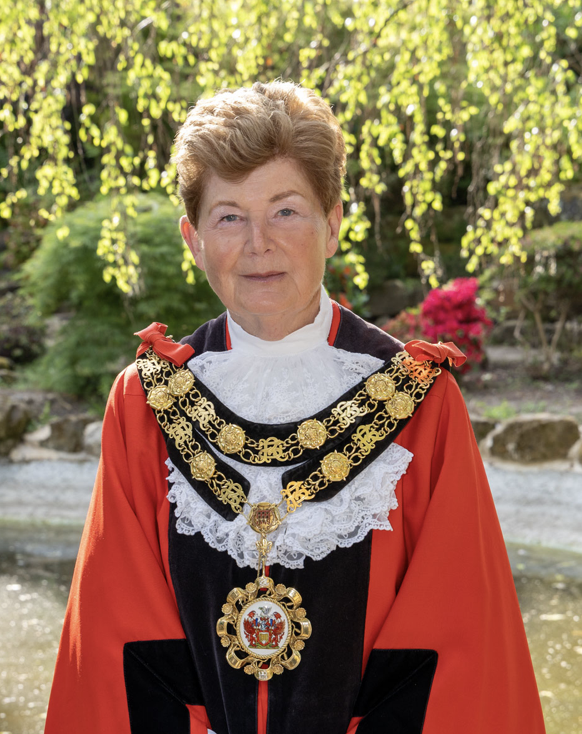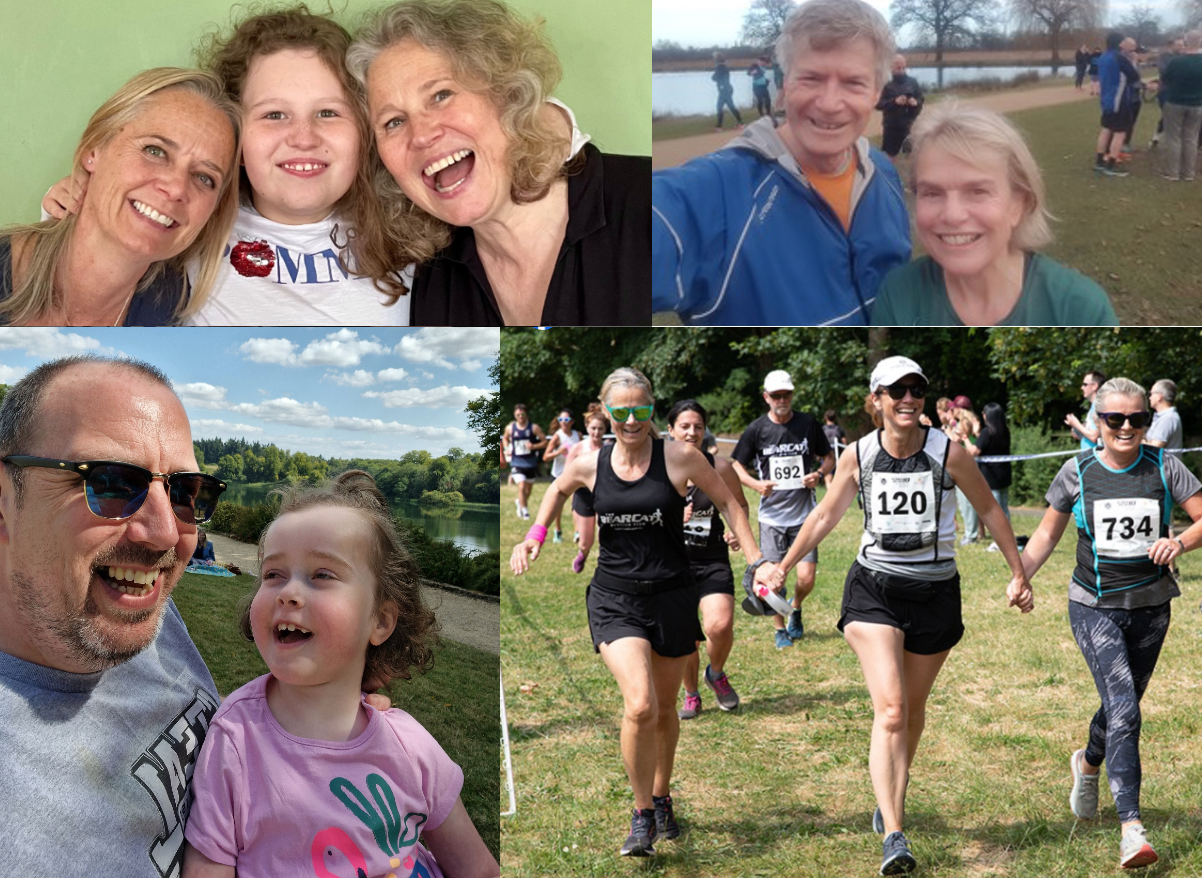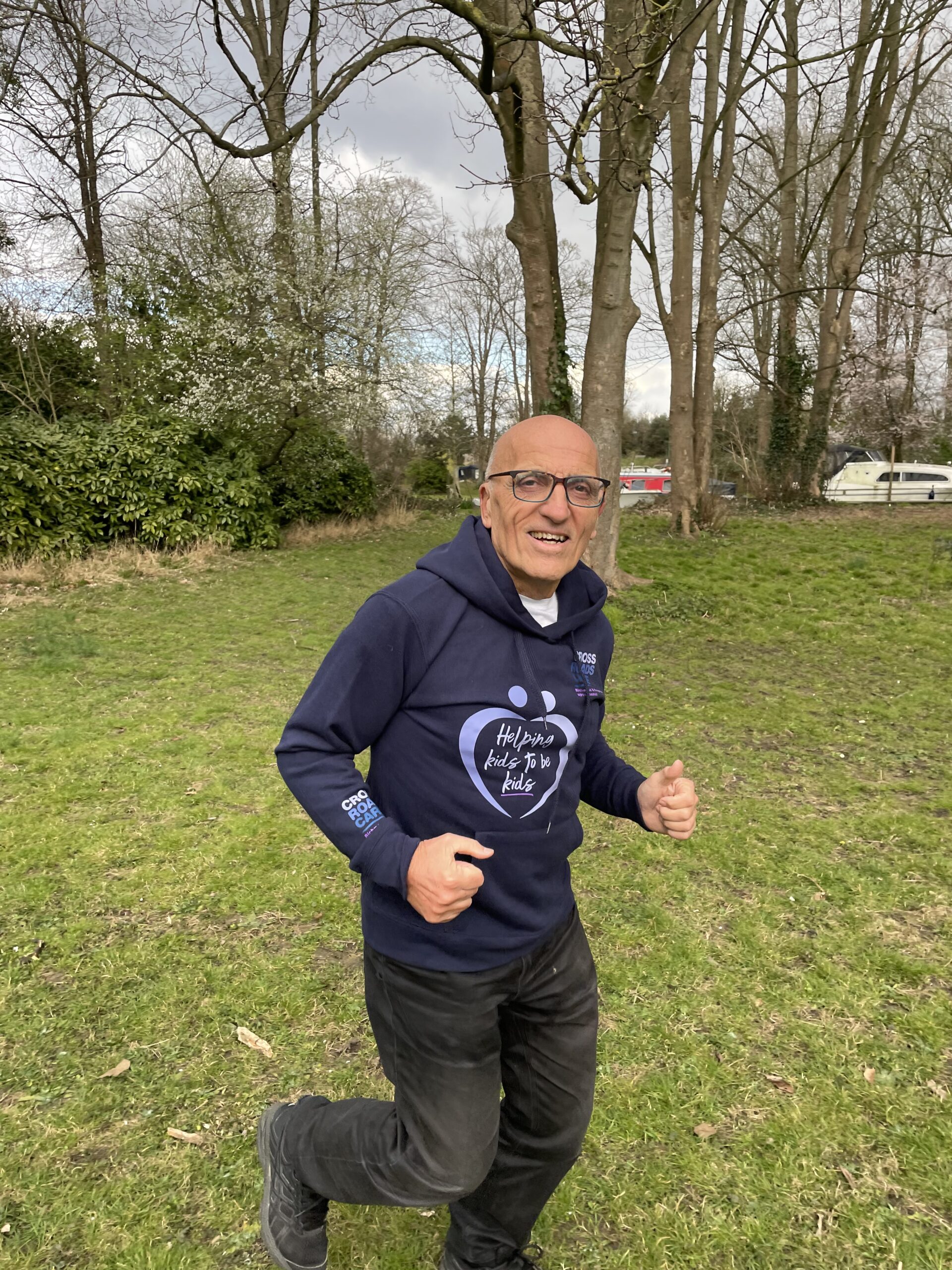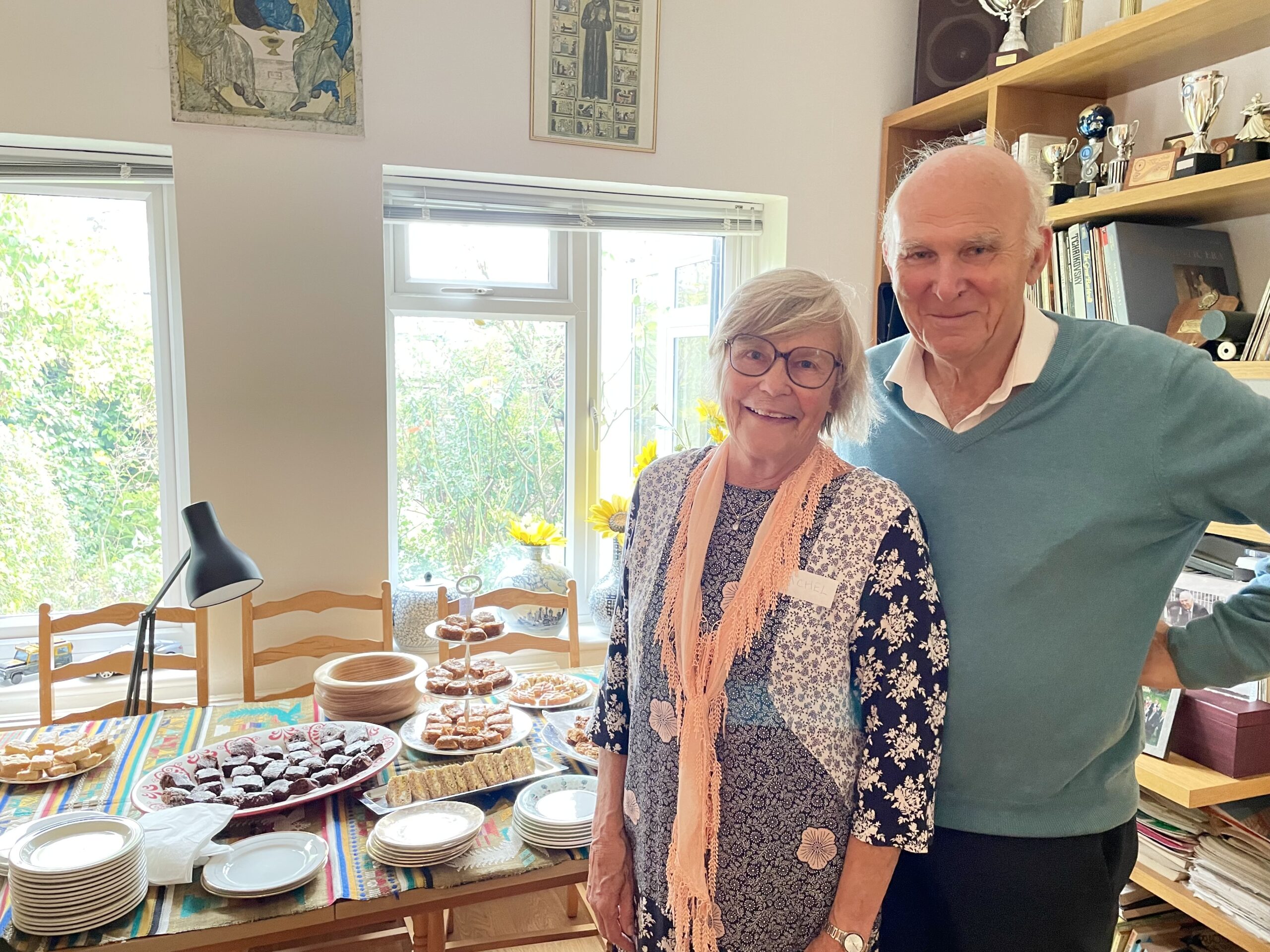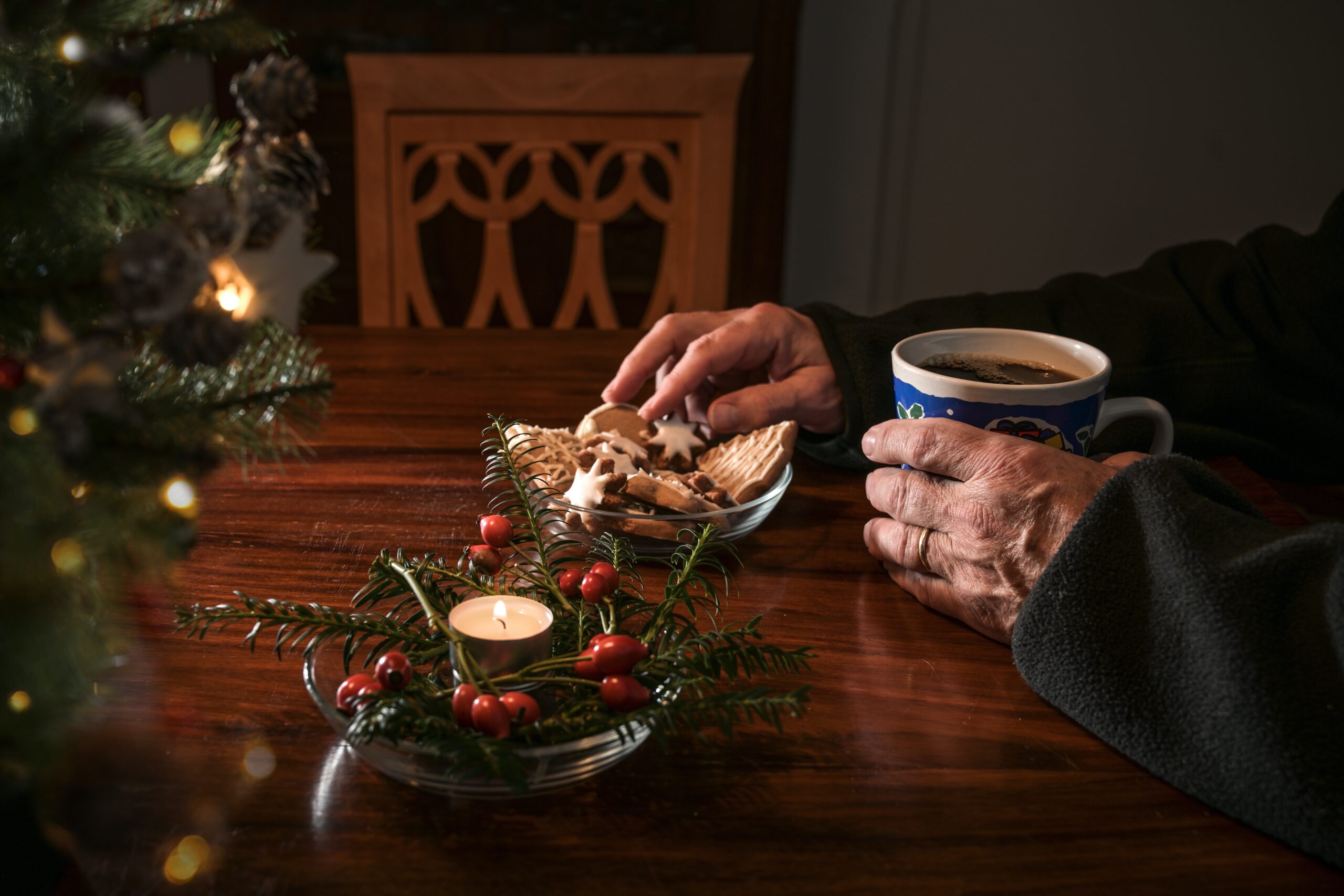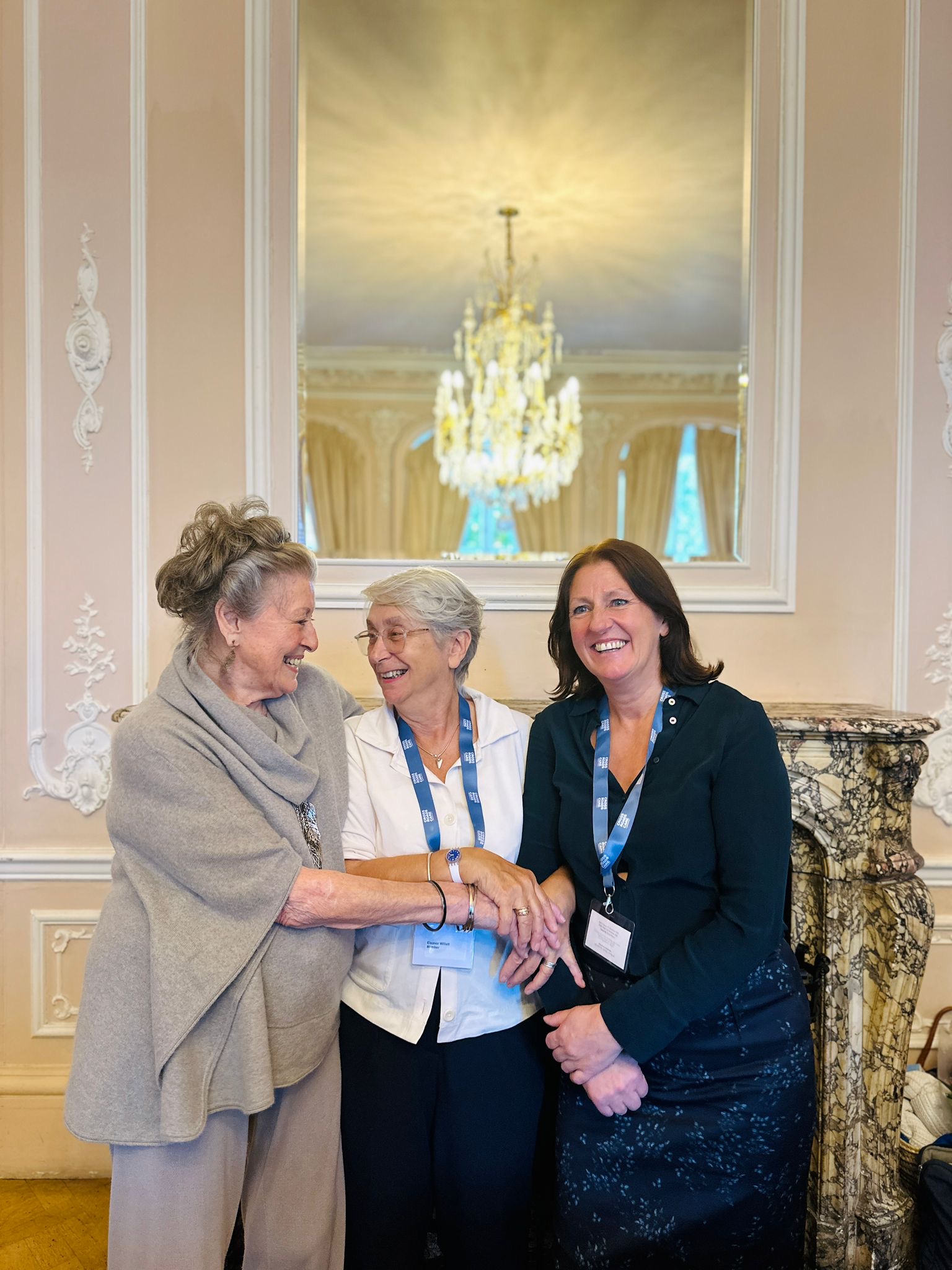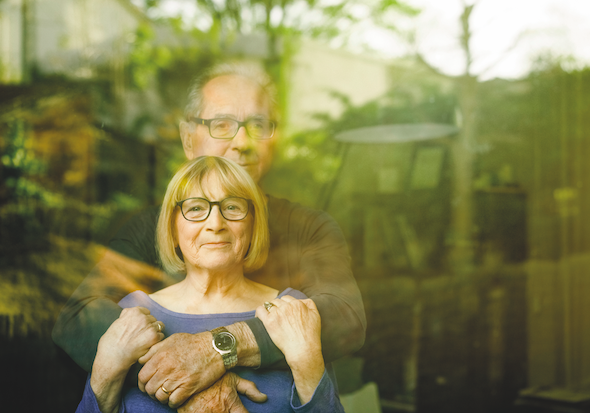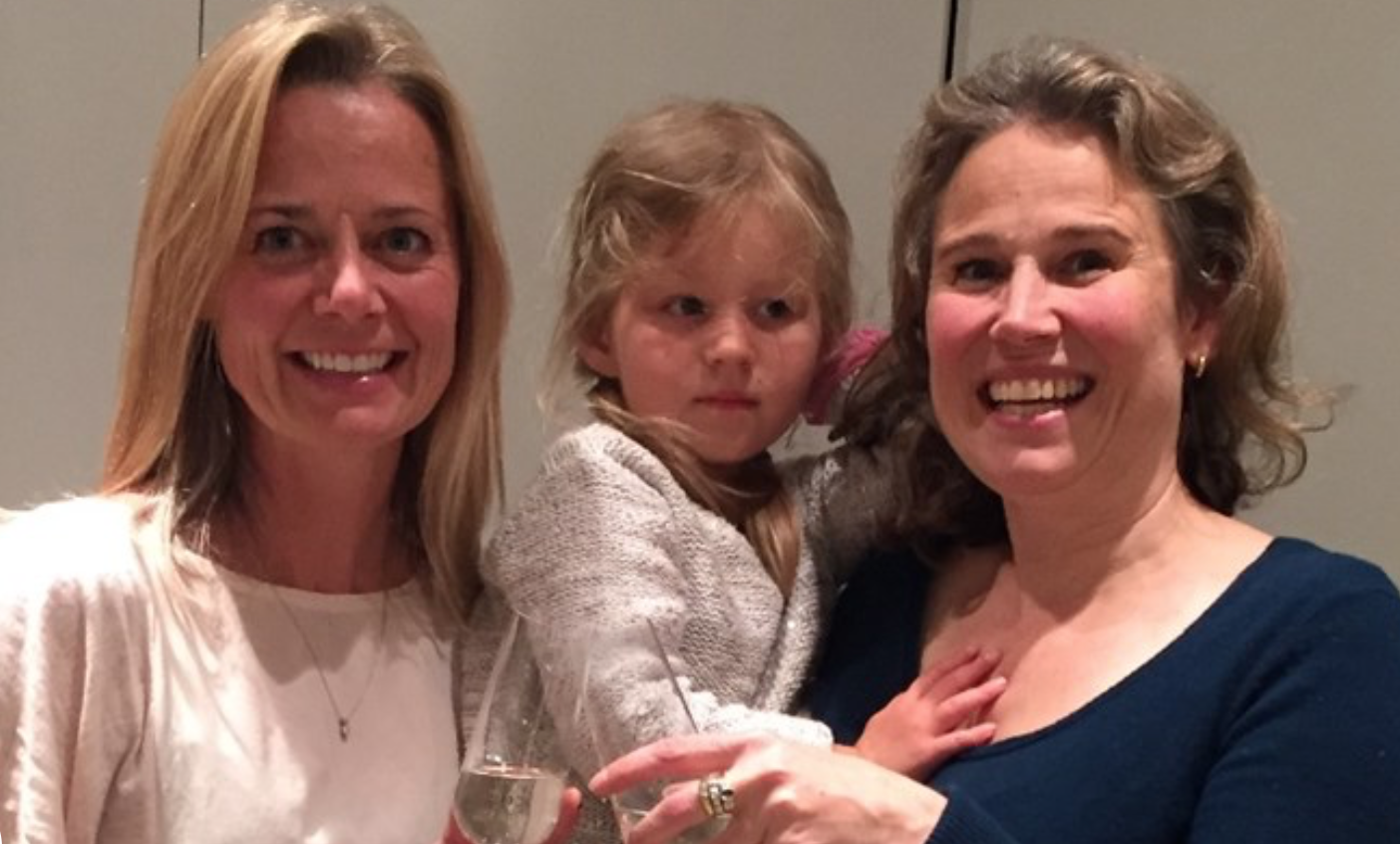Frequently Asked Questions
We hope that you’ll find these answers to our Frequently Asked Questions useful. If you do not find what you are looking for here, do please contact the Crossroads Care Richmond and Kingston team who will be more than happy to help.
Who is a carer?
A carer is a person of any age who provides unpaid care and support to a friend or family member who, due to illness, disability, a mental health problem or an addiction cannot cope without their help.
Who is a young carer?
A young carer is someone aged 25 and under who cares for a friend or family member who, due to illness, disability, a mental health problem or an addiction, cannot cope without their support. Older young carers are also known as young adult carers and they may have different support needs to younger carers.
How does Crossroads Care help carers?
A network partner of Carers Trust – the UK’s leading provider of support for carers and the people they care for – Crossroads Care Richmond and Kingston, together with locally based network partners, is able to support carers through bespoke home and community respite. We support carers in their homes through the provision of replacement care. We offer specialist services for carers of people of all ages and conditions through a range of individually tailored support and group activities. Our regular group activities, from our Men Who Care project to our Caring Café for carers and their loved-ones living with dementia, are spaces for carers to take a break, meet other people in similar situations and receive information, advice and emotional support.
What is the Care Act and what does it mean for carers?
The Care Act 2014 is the law that sets out how adult social care in England should be provided. It requires local authorities to make sure that people who live in their areas:
- receive services that prevent their care needs from becoming more serious or delay the impact of their needs
- can get the information and advice they need to make good decisions about care and support
- have a range of high-quality, appropriate services to choose from
- have more control over how their care and support is organised.
Under the Care Act, you are entitled to a carer’s assessment where you appear to have needs for support. You will be entitled to this support if you meet the national eligibility criteria. The person you care for is entitled to a ‘needs assessment’ if they appear to have needs for care and support.
How do i get a carer's assessment?
You should be offered an assessment by the local council adult social services department of the person you are looking after. If you have not been offered one, you should contact them by phone, in writing or on-line, and ask for an assessment.
How will my carer's assessment be carried out?
If you agree, assessments can be carried out online or over the telephone. If the assessment involves a meeting, this should take place at a convenient venue, usually your home or council office. It is your choice whether the person you are looking after is present or not. If it helps, you can have a family member, a friend or someone from a carer’s organisation with you.
The assessment should cover a variety of issues including your caring role and how it affects your life including your physical and mental health and well-being.
How do I know that I can trust my Care Support Worker?
Our Care Support Workers are dedicated, highly trained professionals who always go that extra mile. They receive rigorous regular further training and supervision as well as taking part in team meetings. Our staff often become an integral part of the families that we support.



